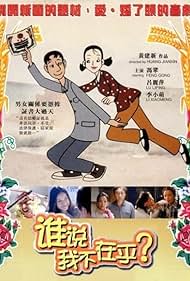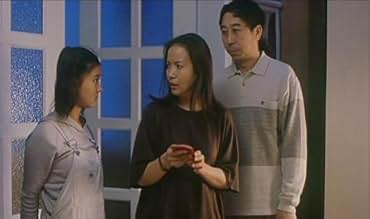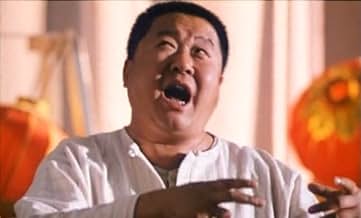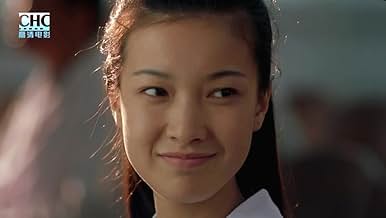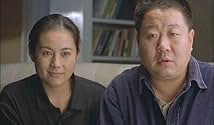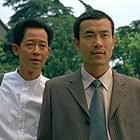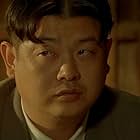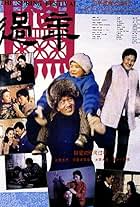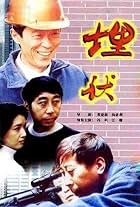This film reminded me very much of Mel Brookes' rendition of Ilf and Petrov's satirical novel "The Twelve Chairs", which lampooned the bureaucracy and hypocrisy of early Soviet Russia during the "NEP" period. Yes, Generation Gap is one sub theme...the teen-aged daughter breaks under the stress the family feels in their mad confrontation with the "Catch 22" bureaucracy, and runs away...and is miraculously found by her parents. The name of the film has a double meaning in Chinese: it sounds like "who says I'm not in a family register" Problem is, the wife of a prominent psychiatrist can't find her marriage certificate one day. This "jiehunzheng" is all important. Without it, the family officially has never existed, including the daughter. The couple go on a wild goose chase through the Chinese bureaucracy, meeting catch-22 all the way....they need a certificate to get a new one, etc. They even journey back to the People's Commune where they met, now the site of modern private enterprises where nobody even recalls the former occupants. An brief animated scene conveys the daughter's fantasy of what her parents' life on the commune, where she was born, was like, an idyllic dream of primitive communism and romance. The funniest parts of the movie are set in the mental hospital that the father runs. It is a metaphor of China today. A woman dressed in the Bermuda shorts-and-knee socks uniform of the "Red Detachment of Women" dances atop tables in the therapy rooms with a butcher knife until a psychiatric nurse gets her back to reality with a tape of an aria from the ballet. A sexually obsessed man can't stop vocalizing his fantasies, to the delighted embarrassment of the nurses and doctors on their morning rounds. A seedy pharmaceutical salesman gives the psychiatrist-father a free sample of an aphrodisiac drug for his suddenly cold wife and nearly ruins his already stressed marriage when she explodes with "do you consider me a little dog"?. A fine old gentleman patient is cured of obsessive-compulsive psychosis and sent home with much ceremony, but after a tea-time visit from the certificate-less wife of the director he suddenly begins searching wildly for his OWN certificate and is brought back by men in white coats in an emergency ambulance. The scene of the hospital director-father-husband tearing up the report of his successful cure and tossing the shreds to the wind from his office balcony is priceless. The stress of it all causes the runaway episode, but all ends well when, well, I won't say...slowly, time heals the wounded in the clinic...the tropical military uniform is replaced by a ballet dress, the model opera's arias by Swan Lake. This film is funny even for viewers who know nothing of China, if in the same version as I saw it in China (on TV over the Chinese New Year 2002 holidays as a holiday special) and if properly and honestly translated. It really addresses many issues in China today, especially the baggage from the past that the society is carrying, the legacy of Confucian prudery, Stalin and Mao. Some US viewers will recall the day when a man and woman couldn't get a room in a US hotel without a marriage certificate, ironically.
